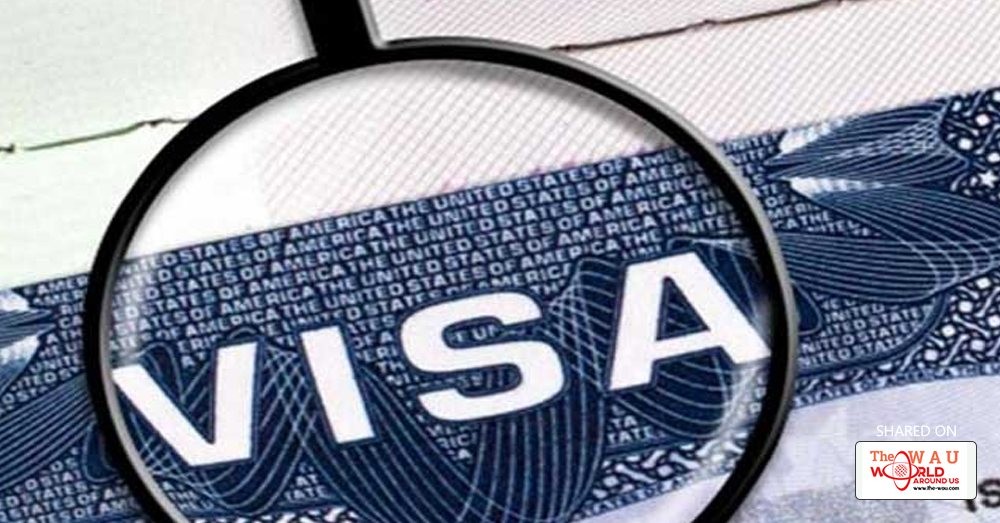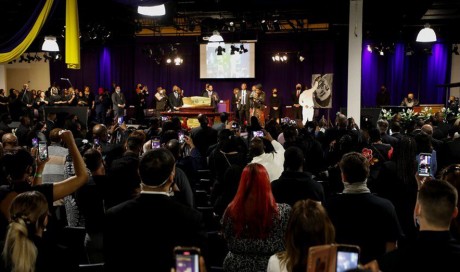The new guidelines, issued after the Supreme Court partially restored US President Donald Trump's executive order, say that applicants must prove a relationship with a parent, spouse, child, adult son or daughter, son-in-law, daughter-in-law or sibling in the United States.
Visa applicants from six Muslim-majority countries must have a close family relationship to a US individual or formal ties to a US entity to be admitted to the United States under guidance distributed by the US State Department on Wednesday.
The guidance defined a close familial relationship as being a parent, spouse, child, adult son or daughter, son-in-law, daughter-in-law or sibling, including step siblings and other step family relations, according to a copy of a cable distributed to all US diplomatic posts and seen by Reuters.
The cable, first reported by the Associated Press, said close family "does not include grandparents, grandchildren, aunts, uncles, nieces, nephews, cousins, brothers-laws and sisters-in-law, fiancés, and any other 'extended' family members."
It also specified that any relationship with a US entity "must be formal, documented, and formed in the ordinary course, rather than for the purpose of evading the EO," a reference to US President Donald Trump's March 6 executive order temporarily barring most US travel by citizens of six nations.
The cable provides advice to US consular officers on how to interpret Monday's Supreme Court ruling that allowed parts of the executive order, which had been blocked by the courts, to be implemented while the highest U.S. court considers the matter.
Share This Post















